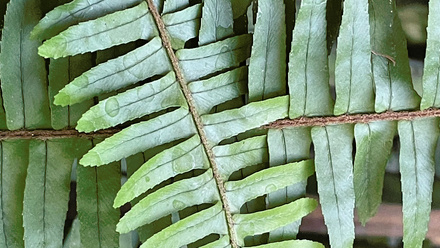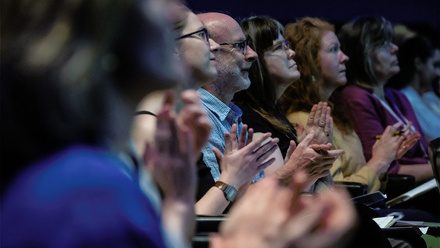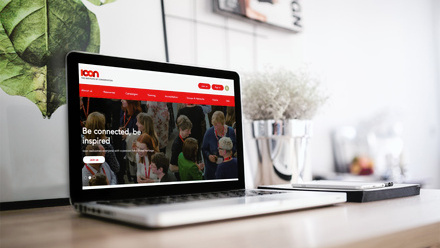- Operation under heat: Chlorakas – Palloures pottery conservation project
Chenyue Xu
University of Amsterdam, the Netherlands
Chenyue Xu is a second-year Master of Science student from the University of Amsterdam (UvA, the Netherlands), specializing in the Conservation and Restoration of Glass and Ceramics. Before coming to the UvA, she completed her graduate diploma in the conservation of ceramics and related materials at West Dean College (UK). This presentation tackles several aspects through her internship experience in the Palloures Pot Cluster Restoration Project in the summer of 2022 in Cyprus, which was part of the Palloures excavation project to support the investigation of building biographies of the Cypriot Chalcolithic. A number of questions are considered: What did the objects look like after excavation? How does conservation operate within an archaeological project? What is needed when working outside a studio setting? How does the conservation contribute to further archaeological research?
- Thin and Shattered: Repairing a Roman Glass Beaker
Roisin Thompson
Durham University, UK
Roisin Hancock-Thompson is a recent graduate of the Durham University MA in the Conservation of Archaeological and Museum Objects. In 2021/2022, Roisin undertook her placement year at the National Museum of Wales with the supervision of Louise Mumford. This presentation explores the interventive treatment undertaken to repair a very thin, fragmented, archaeological glass beaker from Usk (Caerleon, Wales) to display status. This object had previously rejected conservation treatments over time and had been returned to the conservation studio a number of times. Due to the repeated failure of previous adhesives, the author turned to Paraloid B72 to adhere the pieces. In addition to this, the large areas of loss were infilled for the first time, using Paraloid B72 impregnated Japanese tissue as the fill. This was done with the hope of adding strength to the joins to prevent future collapse again.
- The Vrolik Glass Project: Understanding Degradation Mechanisms in Glass Containers for Fluid Preserved Specimens
Ash Dupuis
Haute École Arc, Switzerland
Ash Dupuis (they/them) did their Bachelor’s at the Sorbonne University in Paris, and is currently finishing a Master’s degree in conservation at the Haute Ecole Arc in Neuchâtel, Switzerland. Their interests in conservation include archaeology, natural history, human remains and organic materials. For their thesis, Ash is studying the physical and chemical degradation mechanisms in glass used to hold fluid preserved specimens. The focus being on a neuroscientific collection from the early 20th century recently donated to the Vrolik Museum in Amsterdam. Their presentation will be on this ongoing project, sharing its current advancement as well as potential prospects for the study of glass in fluid collections.
- A Work Placement at the Royal Oak Foundation Conservation Studio at Knole Park
Duncan McCall
West Dean College, UK
Duncan McCall is an MA student specialising in the conservation of ceramics and related materials at West Dean College. He had a previous career as a barrister, but was drawn to conservation through his interest in ceramics. This presentation will cover his experience of a 6-week work placement at the National Trust’s conservation studio at Knole Park in Kent, where objects of all types from the National Trust’s collections across the country are conserved.
- Conserving Cartonnage/Conserving Papyrus: Two Egyptian Masks from the Greco-Roman Branch of the Egyptian Exploration Society
Maxim Chesnokov
University College London, UK
Max is a final-year intern student studying MSc Conservation for Archaeology and Museums at University College London (UCL). In this presentation, he will be talking about his cartonnage project on a pair of Ptolemaic cartonnage masks from the Egyptian Exploration Society (EES), which he carried out during the first half of his internship year at the UCL Culture laboratories, and the challenges and achievements that he has encountered whilst doing so. He will share a treatment progress report, documenting each stage of treatment from initial entry into the laboratory through to humidification and mounting, and present the analytical data that have been obtained through X-rays, FTIR, pXRF, and multispectral imaging surveys (including very exciting results with revealing faded inscriptions on recycled papyri used within the masks!). He will also discuss some of the ethical and practical issues encountered with this material, chiefly the problem of conserving the papyrus within or prioritising the masks as a whole, which is a central focus of his dissertation on the same topic.



